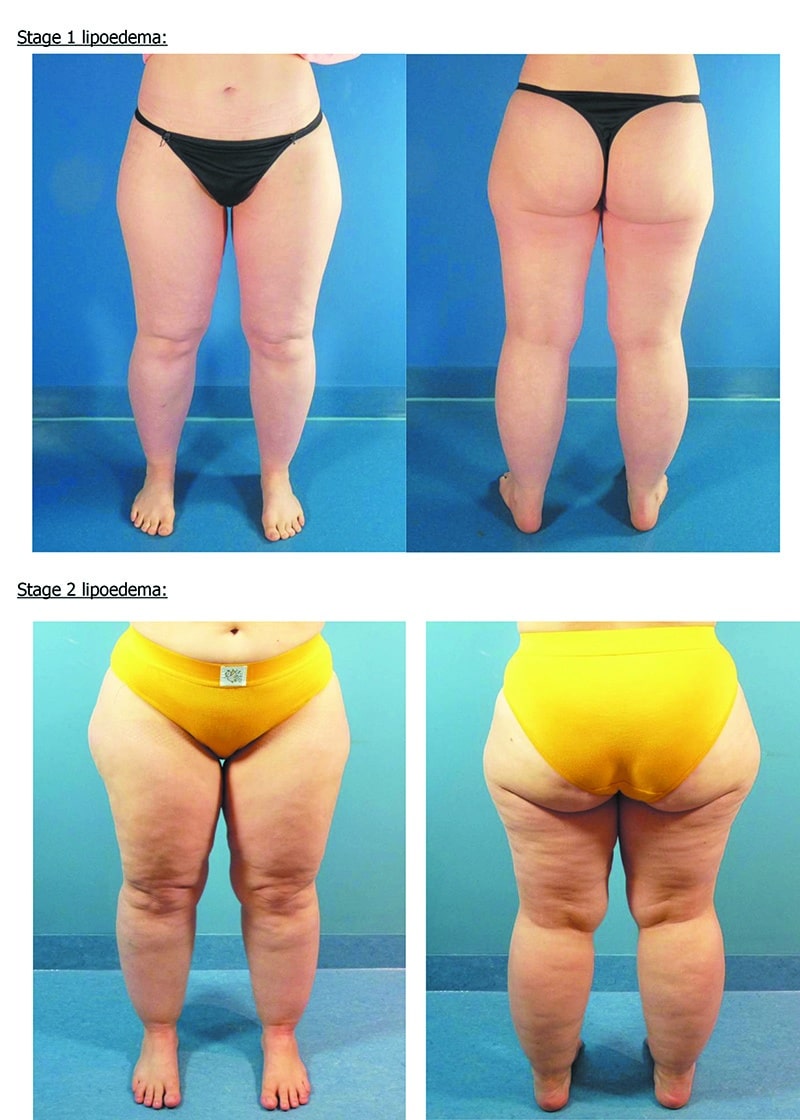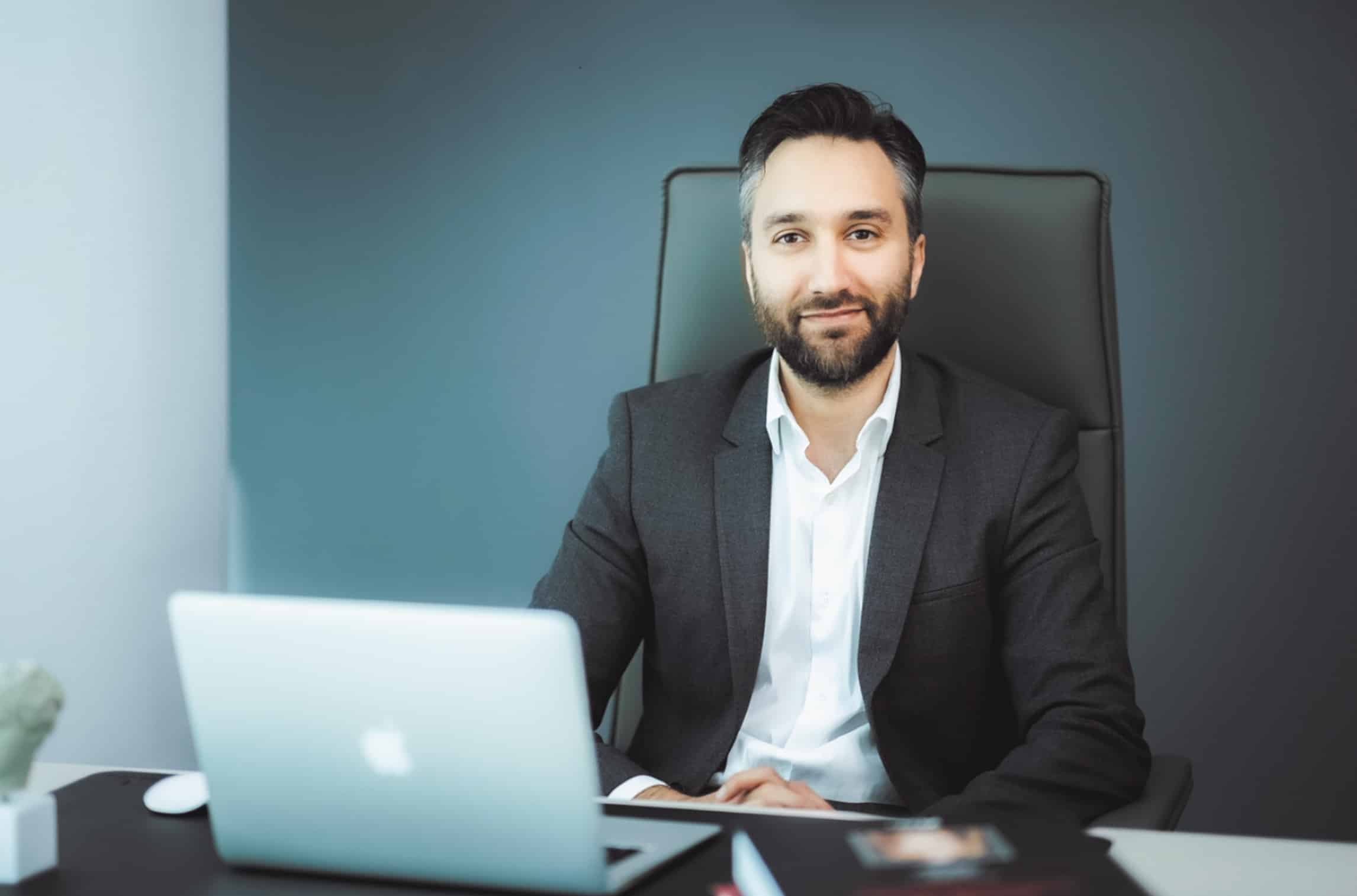An oft-dismissed medical problem affecting mostly women is finally being addressed by a Limassol practitioner. SARA DOUEDARI finds out more
Ten per cent of women in the western world are estimated to suffer from a condition that has received very little recognition from the medical world, but that is changing with the establishment of a clinic in Limassol.
The often prolonged and challenging journey towards diagnosis and treatment of a painful and debilitating problem is set to be a thing of the past, especially for those in Cyprus.
Unbeknown to her, Michelle, 46 from Scotland, has battled lipedema since the age of 10. Seeking medical help in Scotland and America, her symptoms were dismissed by doctors as the result of being overweight and lazy. “I know that I was lucky to even be diagnosed,” she says, “and this was 25 years after my body started to change.
“Initially I thought I was just putting on weight, but it became apparent it was predominantly on my legs. They had no shape, were much larger than the rest of my body and tender when touched, often with unexplained bruises on them,” she says, also seeing growth on her backside, lower back, hips and arms.
“I tried everything the doctors suggested, every diet, every exercise regime, and while I was able to lose some weight, it was never from the areas that I would later come to know was lipedema.”
Post diagnosis, she has been vocal about lipedema, aiming to raise awareness, reduce stigma, empower sufferers, and enhance medical understanding for better treatment outcomes.
“My diagnosis of lipedema came completely by chance,” Michelle says, “I was lucky to even be diagnosed.”
Taking up this challenge and providing diagnosis and specialised therapy is plastic, reconstructive, and aesthetic surgeon Dr Iakovos Georgiou at the international lipedema center at the German Oncology Center (soon to be renamed to German Medical Institute) in Limassol.
“These personal accounts are a stark reminder of the work that still needs to be done in terms of recognition and early intervention,” he says. “Each story fuels our commitment to not only treat but also advocate for our patients.”

lipedema and its therapy in Cyprus
The establishment of the centre in Cyprus also contributes significantly to the global lipedema community, offering not only advanced treatment options but also serving as a hub for education and awareness. The involvement of individuals like Maria Kokkinou-Boege, the adminstrator of the Global Lipoedema Awareness Surgeries/Doctors Facebook group, the largest group of its kind with over 25,000 members from 100 countries help patients find proper therapy on a global scale by providing support and information.
Lipedema is characterised by the excessive buildup of fatty tissue in the legs and sometimes arms. As a chronic condition, it leads to pain, swelling, and can result in mobility issues. Lipedema fat is resistant to dieting and exercise. It usually begins in adolescence but can also appear during pregnancy or menopause.
Lipedema is a complex condition, not only due to its physical manifestations but also because of its unclear pathophysiology. Suspected to have genetic (it often affects women in the same family) and hormonal underpinnings, its diagnosis is primarily clinical, relying on the expertise of healthcare professionals familiar with the disease.
Dr Georgiou is working towards both the management of lipedema and increasing awareness in the medical community and beyond. “Our mission here is not just about treatment; it’s about changing the narrative around lipedema, educating our peers, and providing a safe place for our patients.
“The journey to a lipedema diagnosis,” he adds, “is fraught with challenges, largely because to the unexperienced, lipedema can be misdiagnosed as obesity, yet its treatment and management require a completely different approach.” This nuanced understanding underscores the importance of clinical expertise in diagnosing and treating lipedema.
While conventional treatments like compression therapy have their place, Dr Georgiou advocates for more drastic solutions when necessary. “Liposuction is more than a cosmetic procedure; it’s a transformative intervention for lipedema patients, aimed at improving their quality of life,” he says. It is a safe procedure, when performed by a qualified professional, and very effective in achieving symptom reduction aimed at removing as much of the lipedema fat as possible.
The lipedema centre has attracted patients internationally, reflecting both a widespread demand for specialised care and the global challenge of accessing effective lipedema treatment.
“While we’ve made significant advancements, the journey doesn’t end here. Our goal is to foster a more nuanced understanding of lipedema, encouraging a shift in how it’s perceived and treated both within the medical community and society at large,” Dr Georgiou concludes.
[email protected], www.driakovosgeorgiou.com, Instagram and Facebook Tel: 357 25 208000







Click here to change your cookie preferences